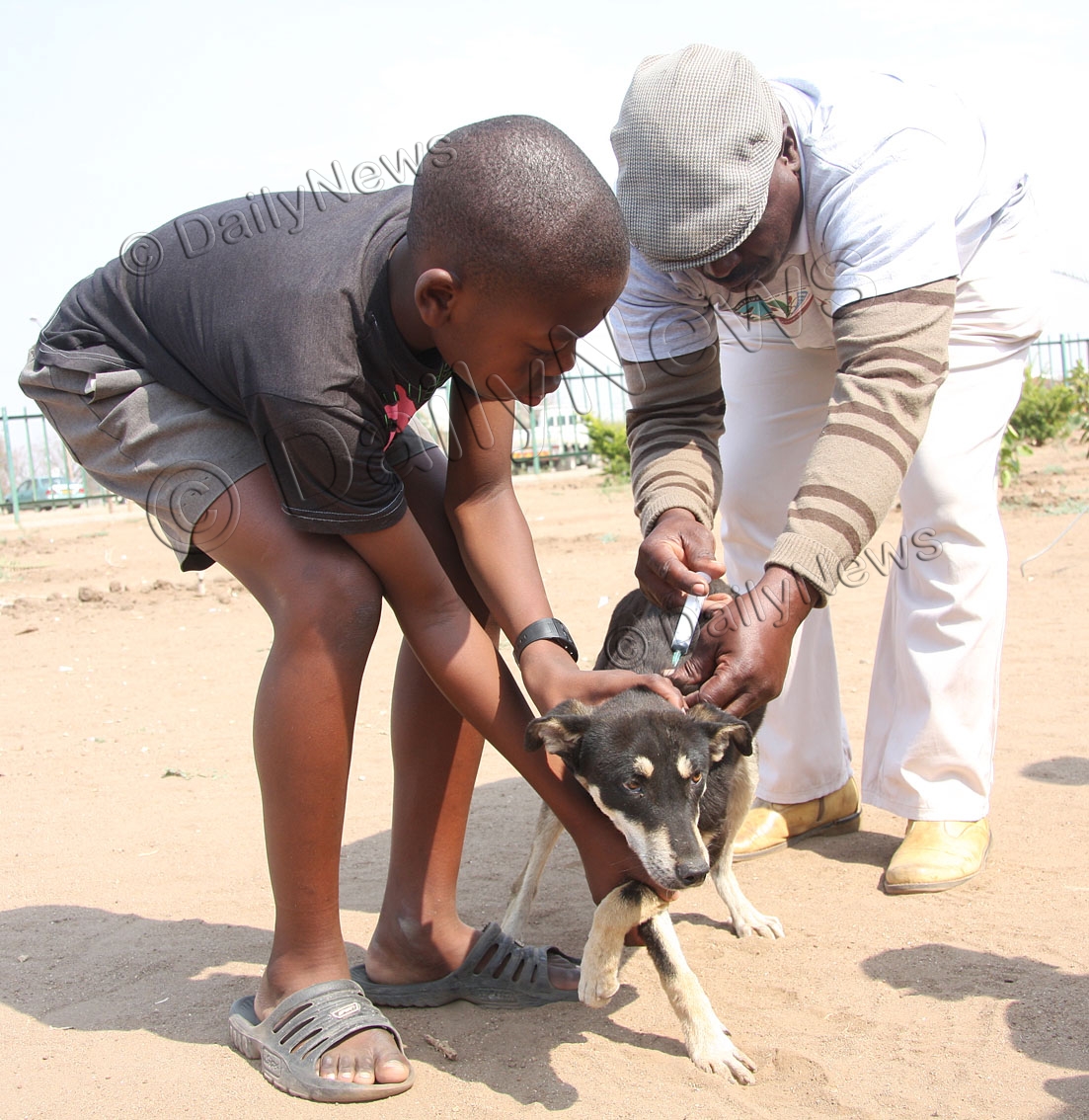Human rabies under control
06 Oct 2015
About 55 000 people die of rabies every year the world over, the Minister of Agriculture, Mr Patrick Ralotsia has said.
He was speaking at the commemoration of World Rabies Day in Kasane recently.
Mr Ralotsia said 40 per cent of the victims were children under the age of 15, residing in Africa and Asia.
However, Botswana made significant strides in the prevention of human rabies considering that between 1972 and 1989, the country lost 25 people to the infection, between 1990 and 1999, only four people died, while from 2000 to date only two lives were been lost, said the minister.
The low mortality rate, he said, indicated that the control measures in Botswana were bearing fruits. Mr Ralotsia said children were particularly vulnerable to the disease because of their affinity with pets such as dogs, which are known carriers of rabies.
“A bite, a scratch or even a lick from an infected dog is enough to transmit the disease to humans through saliva,” the minister pointed out.
Mr Ralotsia highlighted that rabies vaccination of cats and dogs remained an effective prevention method, and in Chobe, 1 124 dogs and 124 cats were vaccinated in the June 2015 campaign.
The director of veterinary services, Dr Letlhogile Modise, said rabies was also found in wild animals especially lions, which were not traditionally associated with the disease.
He explained that rabies existed before the advent of science, adding that its symptoms surface within a week up to a month after infection depending on where the victim was bitten.
“Symptoms of this disease in animals include unusual behavior, paralysis and the tendency to bite,” he noted, highlighting that more than 50 per cent of rabies cases were found in dogs, followed by other ruminants such as cattle and goats with 40 per cent, while the other 10 per cent was attributed to wild animals.
Dr Modise noted concern over public officers who left their dogs behind when they went on transfer adding to the burden of stray dogs.
“We used to kill stray dogs but nowadays we can no longer do that as issues of animal rights are at the forefront,” he said.
As a way of controlling animal population, he added that they offered castration and contraceptives for both male and female dogs for free.
Rabies is a zoonotic disease, which means it is found in animals but can also be transmitted to humans. The theme for this year’s commemoration was ‘Let us end rabies together’. Ends
Source : BOPA
Author : Ludo Chube
Location : Kasane
Event : World Rabbies Day
Date : 06 Oct 2015







